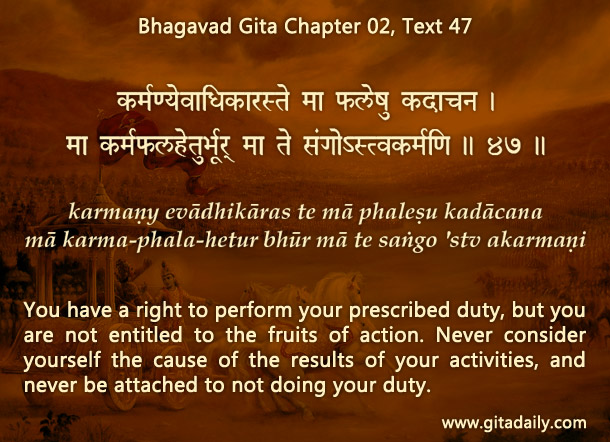Why we devalue our life and how we can stop doing so
The value of our life is determined not by how much the world recognizes what we are doing, but by how much we recognize what God is doing in our life.
We all wish to do something of value. All living beings seek things of survival value; we humans seek things that bring value to survival. We want our lives to matter, and we want our actions to make a difference. While this longing to do something of value is desirable and even laudable, we often let that longing be misdirected by having an ill-informed or ill-considered standard for evaluating the value of our life.
We often decide or think that our life has value to the extent that we are recognized by the world. If what we do is appreciated and applauded by many people, then we think that what we are doing is valuable. If it is not recognized by many people, we start questioning the value of what we are doing. We may even start devaluing it and eventually stop doing it, even if it actually was valuable.
Because we want to do something of value in the world and for the world, it is natural that we consider the world’s valuation to be important. At the same time, the world’s valuation can be fickle and fallible, based on criteria that tilt toward things that glitter more than things that matter. That’s why the Bhagavad Gita 2.69 warns that the values of the far-sighted are different from—even opposite to—the values of the short-sighted.
If we are not to value our life based on the world’s valuation, then what should be the basis of our valuation? It needs to be our recognition of what God is doing in our life. God has given each one of us some gifts, and some gifts given to some people may be of such quality or quantity that they may be widely praised by people. Someone gifted with the ability to write stories is naturally likely to be read far more than someone who is gifted to write philosophical dissertations. Some people may be able to write a lot rapidly, and others may be able to write far less and more slowly. We all have our gifts, and our Lord has a part for us to play in his plan.
The more we connect with him through devotion, the more he gives us the intelligence from within to make smart decisions, as assured in Bhagavad Gita 10.10. When we focus on what God is doing in our life, we carefully consider the gifts he has given us, the situations he has placed us in, and the opportunities he has provided us to use those gifts in those situations. Rather than seeking to get more opportunities, abilities, or better situations, we seek to give more. We seek to put in more effort to develop and deploy our talents through greater commitment and a steadier temperament.
Bhagavad Gita 2.47 guides us to focus on what we are giving, not on what we are getting from our actions. When we have such a God-centered vision of our life, we will see that God is valuing us and doing valuable things through us, even if the value of what we are doing is recognized only by a small number of people.
Ultimately, the world’s recognition is going to fade. Even the greatest champions and conquerors will eventually be forgotten. And even before they are forgotten, they themselves will have forgotten what they did in this life as they transmigrate to another life in another domain of existence. What will stay with us is our recognition of God’s grace in our life and our reorientation of our heart towards him.
Ultimately, what will bring enduring value to our life is the strength and depth of the loving connection that we have forged with our Lord through our endeavors in this life. The opportunity for developing that connection is open to each of us, irrespective of how the world values our gifts and endeavors.
Summary:
- We all seek to do things of value but may end up frustrated when we let the sole determinant of our life’s value be the recognition that the world gives to us and our endeavors.
- When we focus instead on recognizing what God is doing in our life, by contemplating and appreciating the gifts he has given us and the opportunities he has provided us, we can diligently act and contribute to making a positive difference.
- The ultimate value of our life comes when, by seeing the Lord acting in our life and guiding us, we feel inspired to redirect our heart toward him and establish a loving connection with him that endures and enriches us both in this life and eternally.
Think it over:
- Contemplate how letting the world’s valuation determine the value of your life has led you to frustration.
- Contemplate how God is acting in your life by seeing the abilities and opportunities he has provided, independent of the world’s evaluation.
- How is the opportunity to infuse our life with the ultimate value open for everyone at every moment?
***
02.47 You have a right to perform your prescribed duty, but you are not entitled to the fruits of action. Never consider yourself the cause of the results of your activities, and never be attached to not doing your duty.


Leave A Comment